 NEWS
NEWSPope Francis Leaves Cultural Legacy in Death, Says Theological Expert
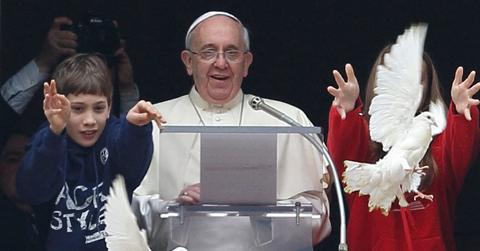
Pope Francis left behind a mixed but powerful legacy after his death at 88, reshaping the Catholic Church through bold reforms.
April 22 2025, Published 9:18 a.m. ET
Pope Francis significantly transformed the Catholic Church during his decade-long papacy after he died at the age of 88, and left a mixed legacy.
In the wake of a pandemic that has reshaped church gatherings, his Easter sermon in St. Peter's Basilica in April 2020 became a poignant illustration of his leadership. At that moment, Pope Francis delivered his message to an empty congregation, urging, "This isn't a time for self-centeredness, because the challenge we're facing is shared by all."
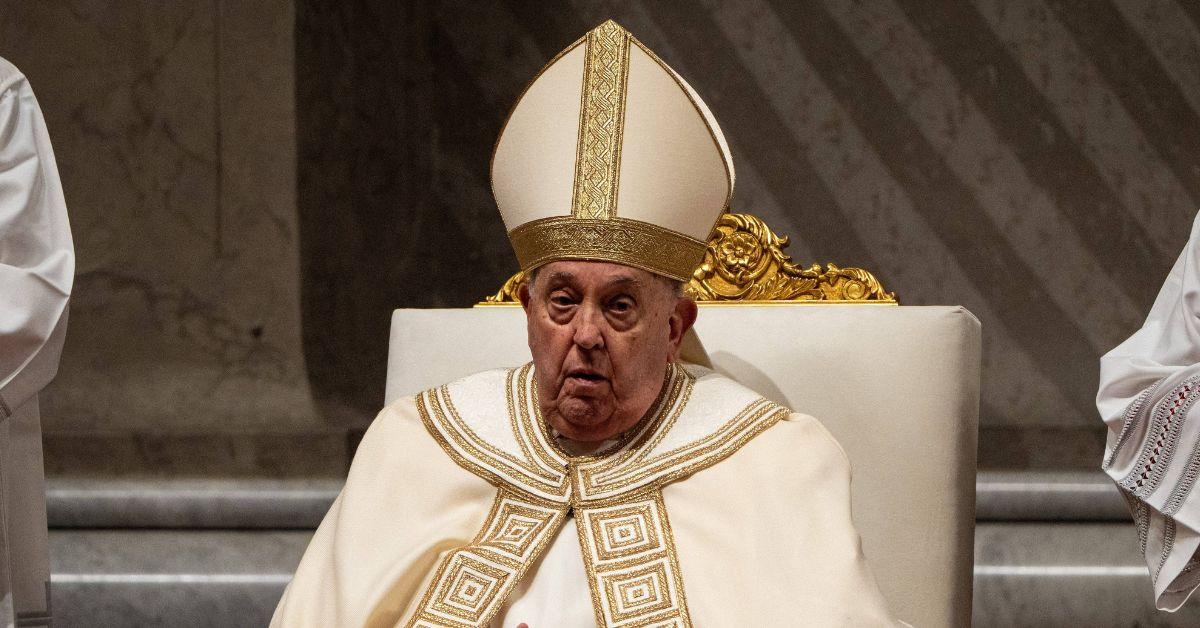
Pope Francis' ability to connect with the global community distinguished him from his predecessors.
Pope Francis' ability to connect with the global community distinguished him from his predecessors, and his leadership was characterized by a willingness to address contentious issues, such as LGBTQ+ rights and environmentalism.
Dr. Gregory Ryan from the Centre for Catholic Studies at Durham University noted that Pope Francis wielded a unique power.
"When the pope speaks, by and large people listen, even if it's not what they want to hear," Ryan said.
With the pontiff's death Church will vote for its next leader in the coming days, and cardinals from the Philippines, Italy, France and Guinea are potential frontrunners.
Pope Francis' promise to initiate a cultural change may indeed usher in a new way of thinking within the Catholic Church. He made strides to ensure that the Church's discussions include voices from different walks of life, and this impact may transcend, even after death.
"I think he is trying to initiate a cultural change, and cultural changes are much more difficult to undo," Dr. Ryan shared of what lies ahead in the Church.
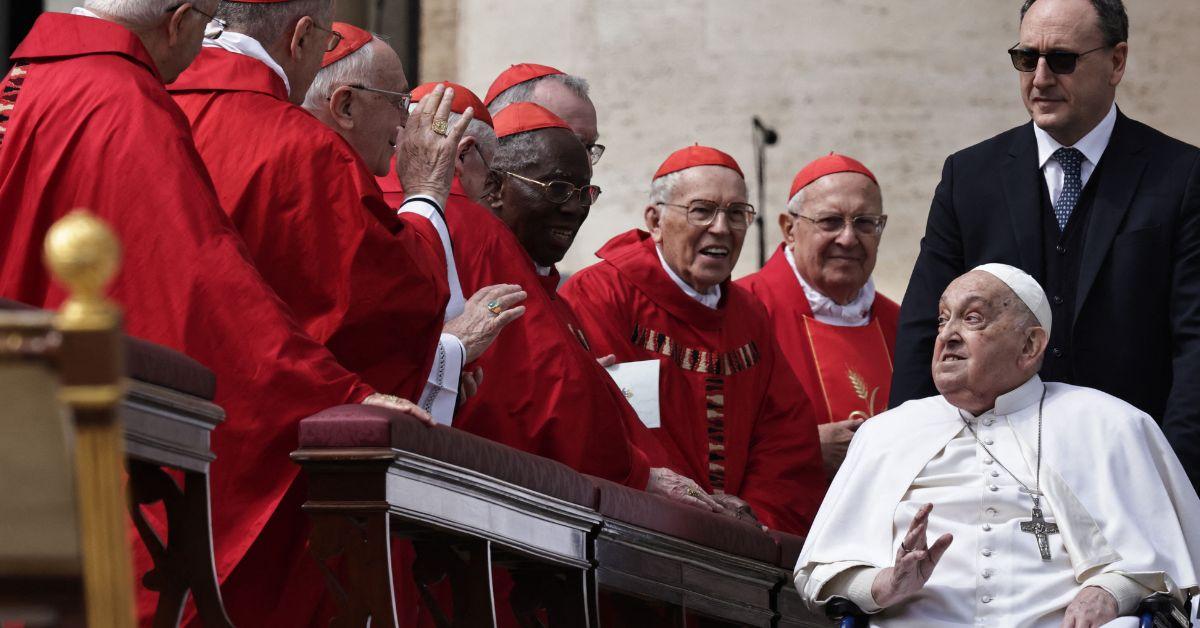
Pope Francis died on April 21.
Pope Francis died at 7:35 in the morning of April 21. The Pope was hospitalized on February 14, spending 38 days with some times in critical condition, raising fears that he will not make it. He was released from the hospital on March 23 and spent his last day on earth blessing thousands of people in St. Peter Square during Easter.
One of the most significant aspects of Francis' papacy was his approach to LGBTQ+ issues. His historical comment on a flight back from Rio de Janeiro in 2013, where he stated: "If someone is gay and he searches for the Lord and has good will, who am I to judge?" was groundbreaking as it was the first time a pope had publicly referenced homosexuality.
Want OK! each day? Sign up here!
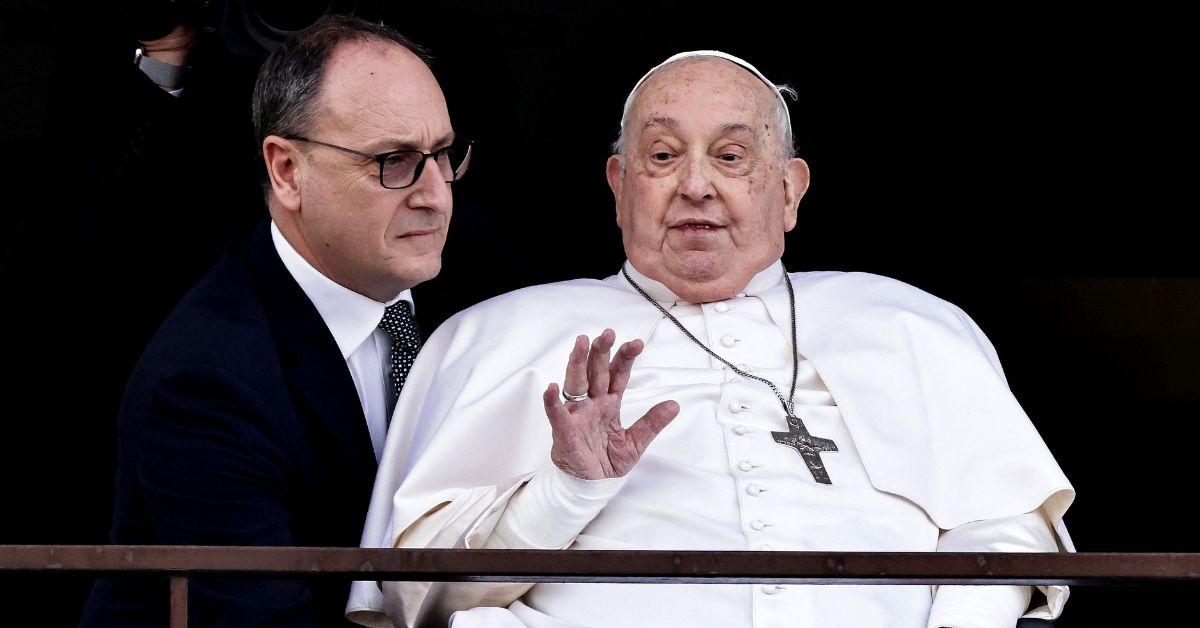
Pope Francis died around a month after leaving confinement for respiratory issues.
Although this statement was welcomed by many, critics argue that his remarks often contradicted longstanding Vatican teachings that view "homosexual acts" as morally wrong.
In 2020, Pope Francis expressed support for civil unions for LGBTQ+ couples and labeled laws criminalizing homosexuality as "unjust."
Dr. Ryan explained, "What Francis has done is he's changed the language that's being used, and seen the question in a different way."
However, critics continued to demand more significant changes to church doctrine, leading to frustration among many progressive Catholics.
In addition to LGBTQ+ issues, Pope Francis made a notable impact on environmental issues. His 2015 encyclical, Laudato Si, placed environmentalism at the forefront of church teachings by condemning "our irresponsible use and abuse of the goods with which God has endowed her."
This document garnered widespread acclaim for framing climate change as a moral issue, with some leaders, including former President Barack Obama, praising his stance.
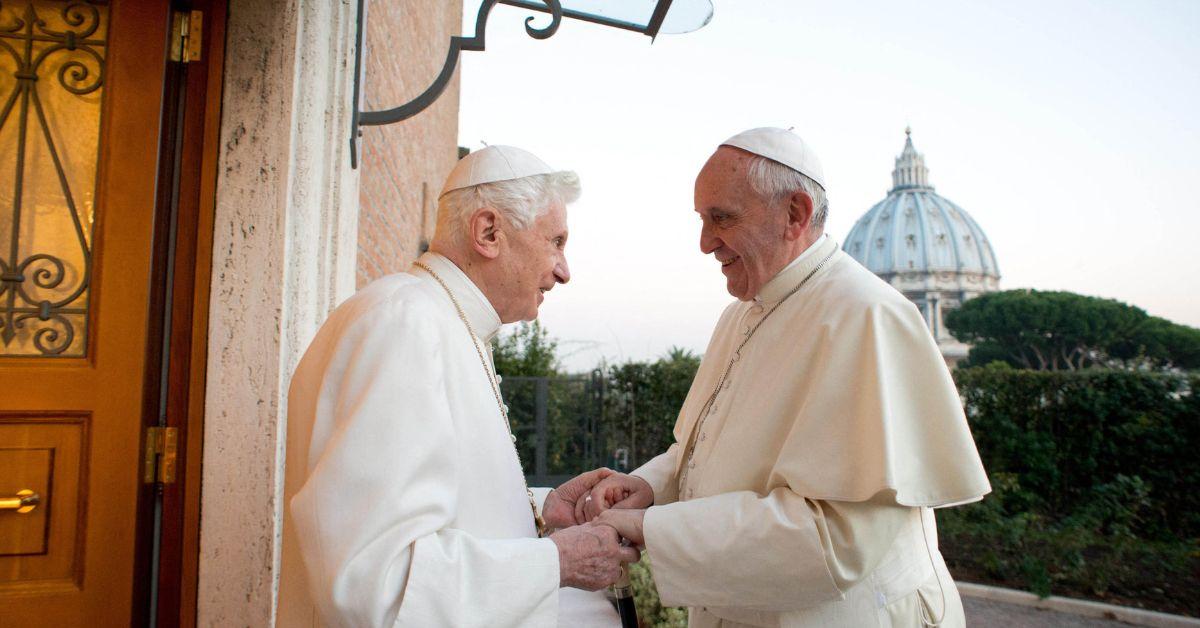
Francis’ willingness to challenge global power structures made him a rare and polarizing figure in modern Church history.
Despite Francis' emphasis on climate change, many within the Church did not fully embrace his message.
A 2021 study indicated that Catholic bishops were "generally silent about climate change," with a tendency to distance themselves from his teachings. Dr. Ryan opined that Pope Francis was "trying to get the church to deepen its understanding of these issues," a task that requires patience and time.
Pope Francis received unique backlash compared to his predecessors, noting that some of these are "coming from the bishops as well," according to Dr. Ryan. He added that dissatisfaction stemmed from within the ranks of the Church, unlike previous papacies.
As calls for change grew louder, the risk of returning to a more conservative stance loomed larger as well.
"There is a risk that without Francis constantly initiating things, the momentum will run out and we'll go back to a more top-down approach," Dr. Ryan shared.


